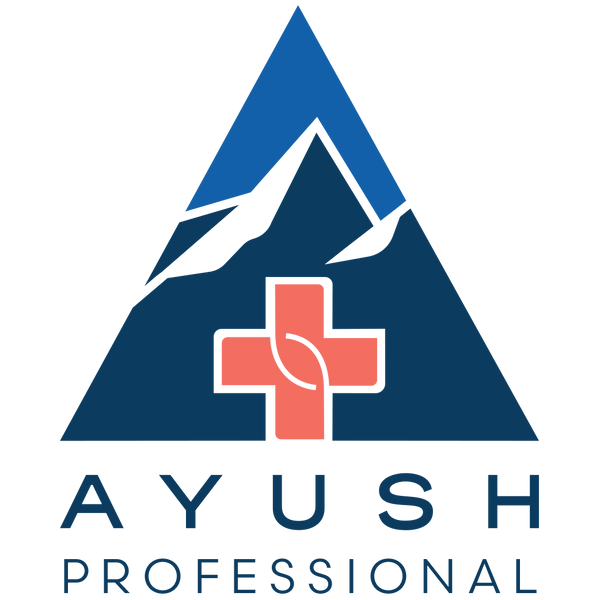By Dr. Anju Sodhi (Bams, ND)
There is nothing like a beautiful sun-filled day outside. However, too much sun exposure and too little sun exposure both may have significant consequences. Like most things in life, balance is key. The challenge is to maximize the benefits of the sun and at the same time protect the body from damage.
The skin uses sunlight to help manufacture vitamin D, which is important for normal bone formation. Sun exposure also plays an important role in reducing blood pressure, improving cardiovascular health, and improving mood by releasing endorphins.
Sunlight can also be hard on the skin. Chronic exposure to ultraviolet (UV) radiation leads to premature skin aging, also known as photoaging. The skin undergoes certain changes when exposed to UV light, to protect against damage. The short UVB wavelengths that cause sunburn can damage DNA and suppress the skin's immune system, whereas the longer, more penetrating UVA wavelengths may generate reactive oxygen species (ROS), which are shown to play a pivotal role in skin photoaging. Exposure to UV light causes fine and coarse wrinkles, irregular pigmentation, a yellowish complexion, and a leathery, rough skin texture. In addition, the pigment-producing skin cells, called melanocytes, make increased amounts of melanin that darkens the skin and results in what we call a ‘tan.’ Tanning provides some natural protection against future exposure to UV radiation. Although fair-skinned people are most vulnerable, anyone's skin will change with enough exposure.
There are some natural ways to protect the skin from the damaging effects of sunlight without compromising the benefits. For example, eating green leafy vegetables and fruits such as raisins, pears, apples, and pomegranates help to nourish and restore balance to the skin. The fruit of Phyllanthus emblica or amla is also an excellent antioxidant and rasayana for the skin.
Ayurveda has extensively used oils to lubricate and moisturize the skin. Because the molecular structures are similar, applied oils easily penetrate the skin, often times taking herbal molecules with it. The energetic qualities of oils also provide skin care and help balance the body. For example, coconut oil is cooling when applied and therefore would be excellent on a hot day, whereas mustard oil produces a warming sensation which may aggravate the body when it is hot outside.
Coconut oil is not only cooling during the summer time, it also protects the skin from the sun. It has been shown to have a sun protective factor (SPF) of 4 meaning that 75% of UVA/UVB rays are blocked from entering the skin. An SPF of 30 provides 97% protection. Although it is important to protect ourselves from the sun when we are outside, blocking 97% of all rays also blocks the sunlight needed to produce vitamin D and the signaling needed for neurotransmitter balance. Coconut oil allows more of the needed sun rays to light our skin to make vitamin D. Using this natural option when you are not spending much time outside is plenty of protection. Coconut oil can replace your facial sunscreen on days you don’t spend much time in the sun. If you plan to go to the beach and be underneath the sun for a large portion of the day, use the higher SPF sunscreens, but normal exposure days could be replaced with coconut oil.
Rubia cordifolia (manjistha) is an excellent herb for the skin, enhancing the quality and luster of the complexion. Manjistha is a cooling herb and may be used for several skin conditions including petechial hemorrhages, traumatic wounds, acne, blemishes, and darkened skin.
In addition, consuming the rejuvenating Ayurvedic preparation Chavanprash, which contains a tremendous amount of vitamin C and bioflavonoids, also helps to keep the skin healthy. Studies have shown that Chavanprash significantly suppresses skin thickening, a typical marker of skin photoaging, and efficiently eliminates ROS.[1] This suggests that Chavanprash may have beneficial effects on slowing skin photoaging.
Finally, drink plenty of water, and avoid very hot water for baths and showers if your skin is photosensitive to keep your skin properly moisturized and to protect it from the sun.
[1] Takauji Y, Morino K, Miki K, Hossain M, Ayusawa D, Fujii M. Chyawanprash, a formulation of traditional Ayurvedic medicine, shows a protective effect on skin photoaging in hairless mice. J Integr Med. 2016 Nov;14(6):473-479
